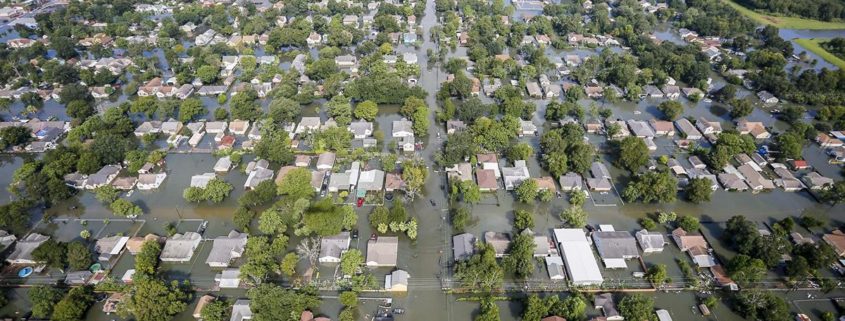Houston Land Use Gets Bad Rap
Hurricane Harvey was so intense that no plan could have prevented flooding: Opposing view
Yes, the Houston metropolitan area storm was so intense that no plan could have prevented the flooding devastation. Yet, through the years, Houston’s land use regulation has been roundly criticized, and many took this opportunity for piling on. The facts are contrary to many of the claims.
Economics professor Phillip Magness says the “notion that Houston is a giant concrete-laden water retention pond” is a myth, based on data from the Houston-Galveston Area Council.
As usual, Houston has been criticized for “urban sprawl,” which is measured by population density. Lower density means more sprawl. Houston, in fact, is about average when it comes to density. It ranks 18th in density among the 41 urban areas with more than 1 million people. Boston sprawls more, at a third lower density, as does Philadelphia. Houston is about the same density as Seattle. Portland, Ore., with its international reputation for density, is only 18% denser than Houston.
OUR VIEW: Harvey, Irma stir debate on development
Houston was decried for not having zoning. But as Mayor Sylvester Turner noted, this is irrelevant. Even so, critics miss the fact that suburbs zone, and two-thirds of metropolitan-area residents live outside the city.
One of Houston’s great advantages is that new detached housing is permitted to be built on low-cost urban fringe land, where housing costs less and the cost of living is lower. In contrast, house prices have risen much higher where cities —such as San Francisco, Los Angeles, Seattle and Portland — have adopted urban containment policies that severely restrict building of new housing beyond the urban fringe. Higher prices threaten the economic future of the middle class and must not be allowed to spread to Houston or other affordable metro areas.
Finally, people have been flocking to the Houston metro area — 283,000 from within the U.S. since 2010. Only Dallas-Fort Worth has attracted more. In contrast, 903,000 have left New York, and 373,000 have left Los Angeles.
Expect Houston to redouble its flood control efforts. Expect also that Houston will be back.
Wendell Cox is a senior fellow at the Center for Opportunity Urbanism in Houston and co-author of the “Demographia International Housing Affordability Survey.”
This article was first published at USA Today
Photo credit: Staff Sgt. Daniel J. Martinez via Defense.gov



